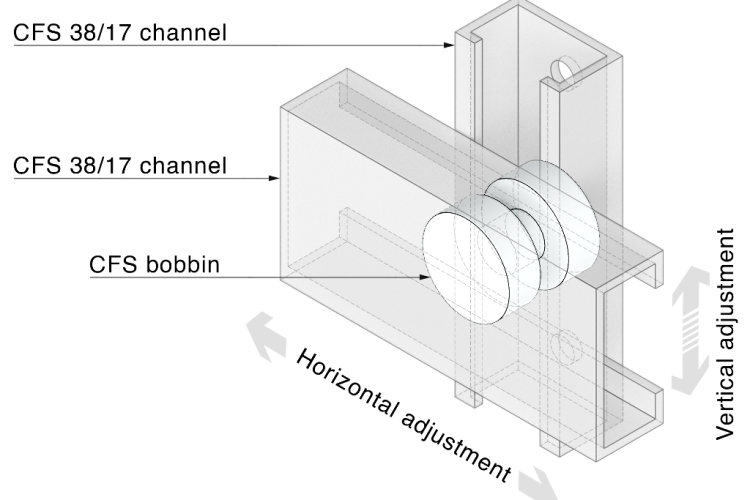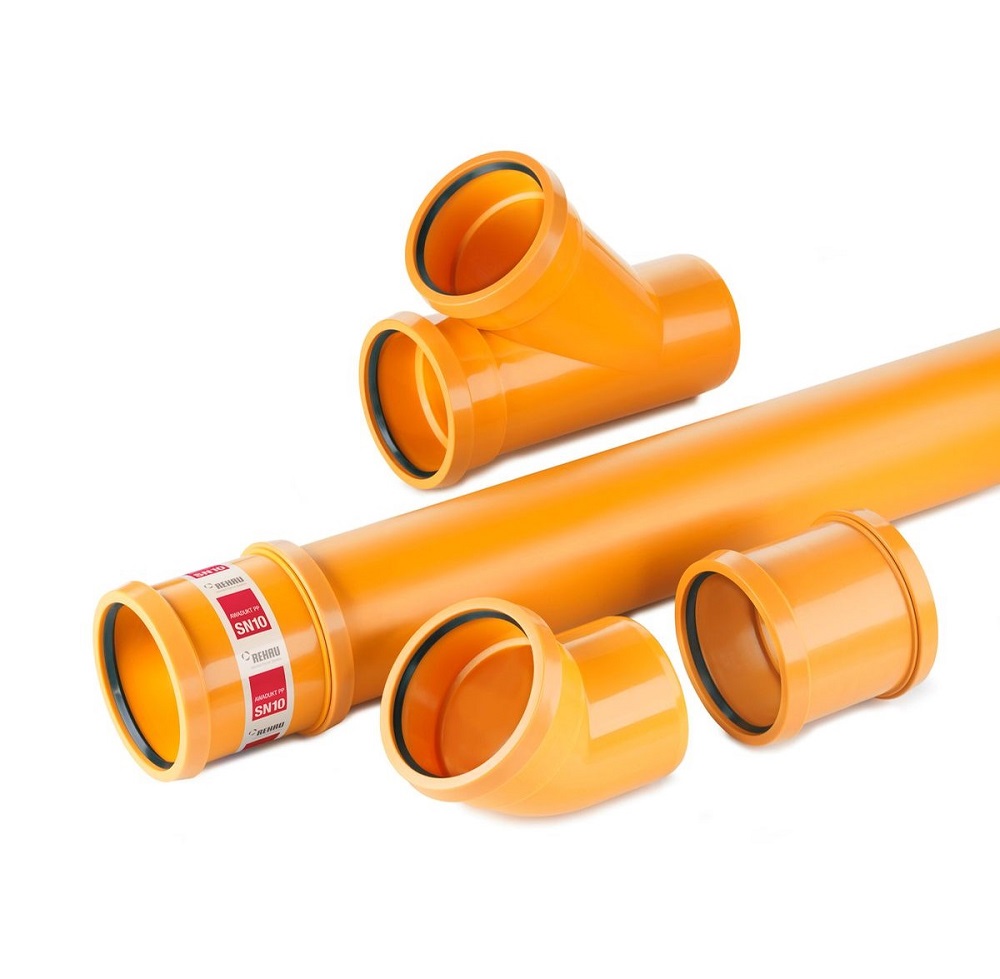UK manufacturers in cash scramble as profits halve due to pandemic and Brexit

UK manufacturers are suffering a triple whammy of lower sales, sharply lower profits, and a painful cash squeeze, according to the new UK Manufacturing Barometer from specialist consultancy Insider Pro, which helps companies build effective and resilient supply chains.
Insider Pro has analysed the accounts of 1,457 small and medium-sized manufacturers employing 2.7m makers, around a quarter of Britain’s manufacturing workforce. Its research reveals several years of good revenue growth until 2018/19, driven by a combination of higher volumes and gently rising prices.
This year (2020/21) revenues are set to fall by a tenth
But even before the pandemic struck and Brexit began to bite, sales growth in 2019/20 stalled across all major sectors. Companies made sales of £214.8bn, unchanged year-on-year. The picture has worsened markedly since. Despite recovering some lost ground from its low point during Lockdown One, industrial production is still well below trend. Insider Pro calculates that disruption caused by the pandemic and, more recently by Britain’s departure from the EU customs union and Single Market, will hit sales by a tenth in the year to March 2021, knocking a staggering £21.5bn off small and medium manufacturer top lines.
£38bn of sales growth over 5 years generated no additional profit
Unfortunately, even before the 2019/20 slowdown and the 2020/21 calamity, higher sales were not translating into rising profits. Collectively, the UK’s small and medium-sized manufacturers booked £12.6bn in operating profit in 2019/20 (before the impact of the pandemic was felt), £200m lower than in 2014/15. This means that all the £38bn of additional sales generated no additional profit. Most of the pressure came from smaller manufacturers, which have suffered a sustained margin squeeze. Across almost every sector, smaller manufacturers performed more poorly than their larger counterparts. Machinery, metals, and textile manufacturers were among those that experienced the greatest margin squeeze, while food & tobacco and chemicals & petroleum held their own.
This year manufacturing pre-tax profits will more than halve to £6.5bn
Insider Pro expects operating profits to at least halve this year (2020/21), falling by £6.3bn. Pre-tax profits are set to drop by £7bn to £6.5bn.
Firms are also suffering a painful cash squeeze, mainly due to weak stock control
In addition to lower sales and much tighter margins, companies are also suffering a cash squeeze. The big problem is on stock, raw materials and components, which are growing unsustainably faster than sales. In 2019/20, manufacturers held inventories worth two months (61 days) of production, a full week more than five years before. Every sector except textiles held more stock than can be justified by rising sales. The average manufacturer held £19.3m of stock at any given moment in 2019/20, £4.2m more than 2016/17, an increase of 28%. Elsewhere in the vital cash cycle, companies are collecting payment from customers more quickly, but they are paying suppliers sooner too – this means more working capital is being tied up here also. Smaller firms are offering more generous terms than larger ones.
Insider Pro’s analysis shows the problem has worsened further in 2020/21, estimating that manufacturers have had to find an additional £2.5bn in working capital, even as their sales and profits have fallen. This is equivalent to £1.7m per company, with the impact disproportionately larger for smaller companies.
Jeremy Bowley, Managing Director at Insider Pro commented: “British manufacturers are facing the worst profit slump since at least 2008/9. But even before shock caused by the pandemic and Brexit, the companies we have looked had seen their returns on capital fall by five percentage points. The picture will be much worse now.
“Right now, they are struggling to control stock levels thanks to such unpredictable demand and such uncertain supplies. Customers will have attempted to slow payment and suppliers may be demanding faster settlement of debts. Added to this are the problems both exporting to Europe and sourcing from abroad. All this sucks cash from the business.
“Looking ahead, the economy will take off as lockdowns end and companies are likely to see sales rebound. They could see their working capital needs spiral really quickly when this happens. Companies can only grow sustainably, or weather downturns, if they have a firm focus on cash flow. This is much more important than profit in the short term. Companies should tie up as little cash in their business as they can keep consistent with a smooth production and sales process. Running out of cash can sink an otherwise sound business and that’s even more important today.
“Surviving, thriving, and building enterprise value depend on fine-tuning all the dials on your metaphorical dashboard. Doing this right doesn’t just add incremental value but is truly transformative.”




















